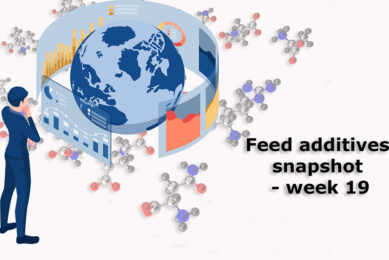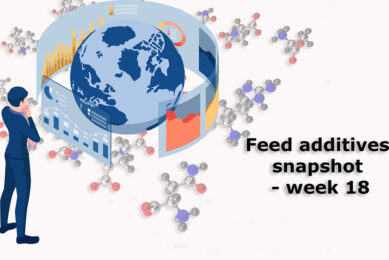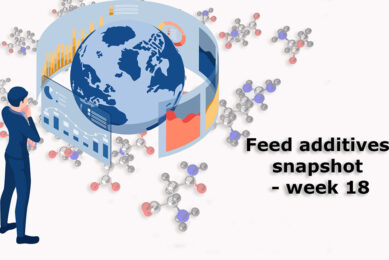EU Ag Commissioner blames retailers for high milk price
EU Agriculture Commissioner Mariann Fischer Boel called on retailers to come clean about the prices they charge consumers for fresh milk, saying recent falls in farmgate prices should have been passed onto the supermarket shelves.
Average EU consumer prices for milk had jumped by around 17% in the 12 months up to summer 2008, then fallen back since then by just 2%, while producer prices for milk have halved, the EU Farm Chief said after the monthly meeting of EU farm ministers.
"Farmgate prices have dropped to a level below summer 2007, when the increases started. You should have a steeper drop in consumer prices than just two percent," she said.
"If they (retailers) don’t find a solution, the ultimate worse-case scenario would be that farmers would stop producing. We would face a horror scenario that we […] would not be able to produce fresh milk for consumers and we would be importing."
"It’s important to have a transparent system so we can see where the added value is disappearing. A code of conduct has also been mentioned," Fischer Boel said, without elaborating.
In the past, Fischer Boel has complained that retailers tended to make consumers pay dearly for staple foods like bread and milk when world grain and dairy prices were high but were slow to pass on savings when markets retreated.
France, Austria and Germany in particular say their dairy producers have been badly hit by weaker prices and want firm EU action to bolster farmer incomes. They have tabled a series of requests, mostly involving hikes in aid to the dairy sector.
During the meeting, hundreds of tractors driven by farmers angry about low milk prices snarled up roads around central Luxembourg, causing lengthy motorway delays at the start of the EU ministers’ monthly meeting.










